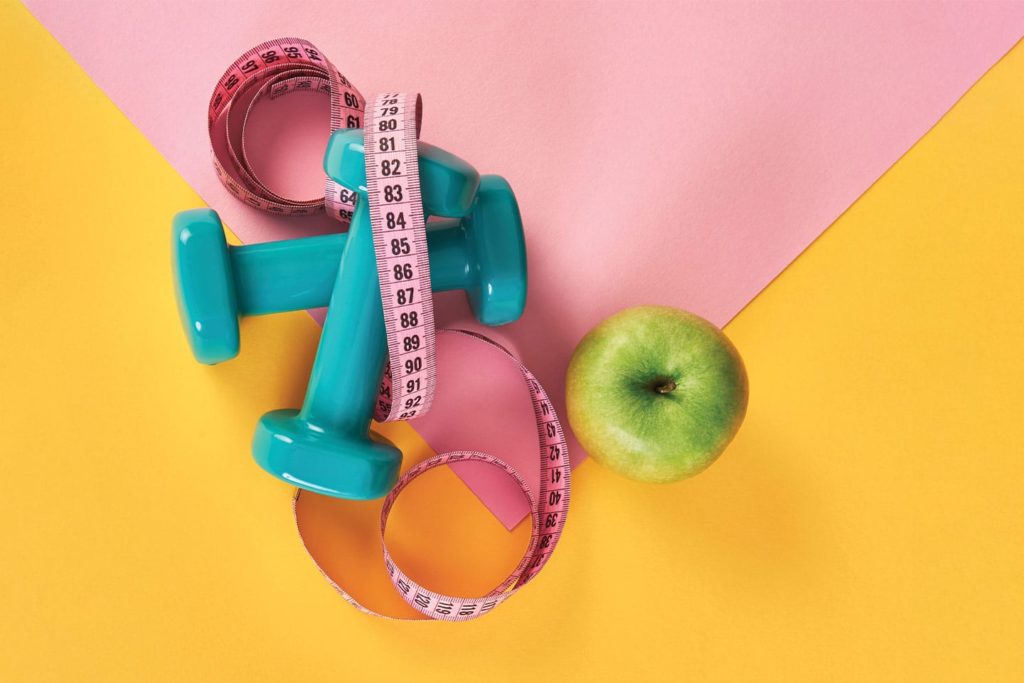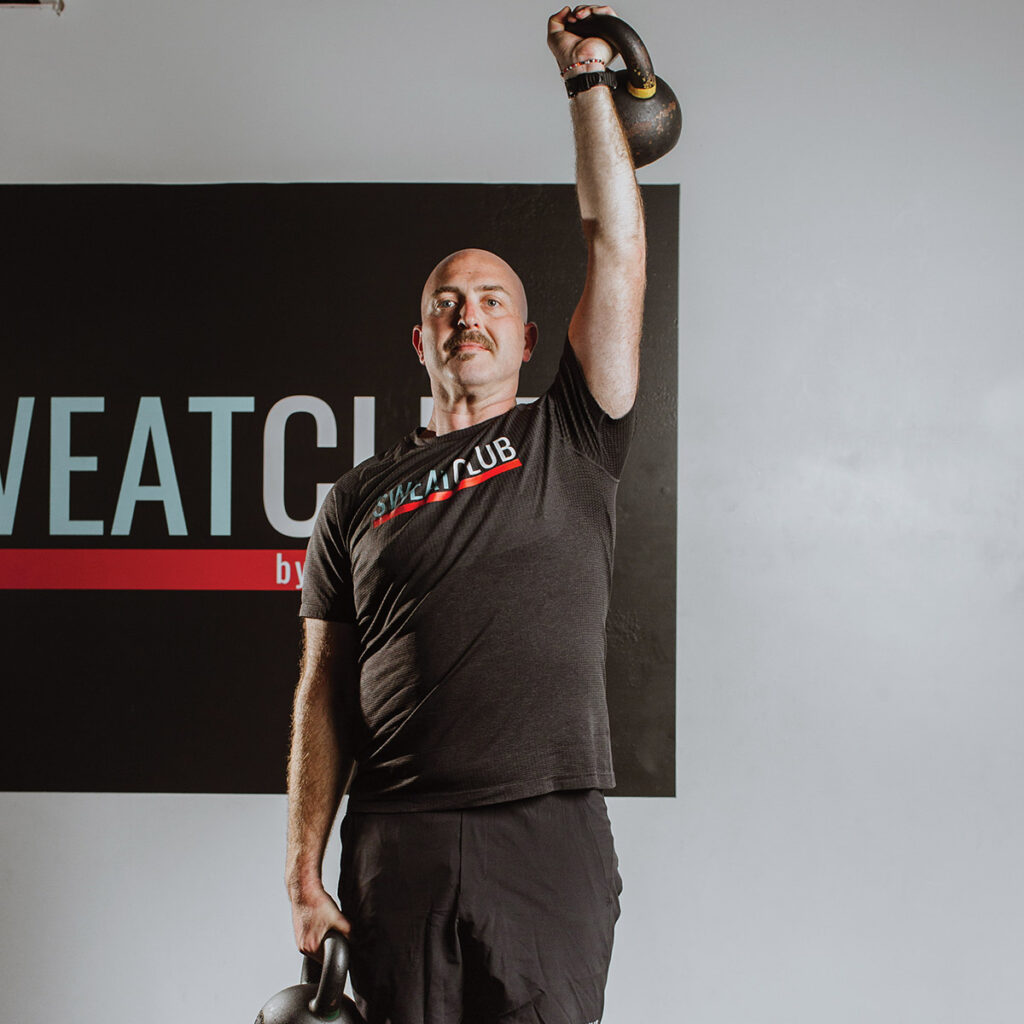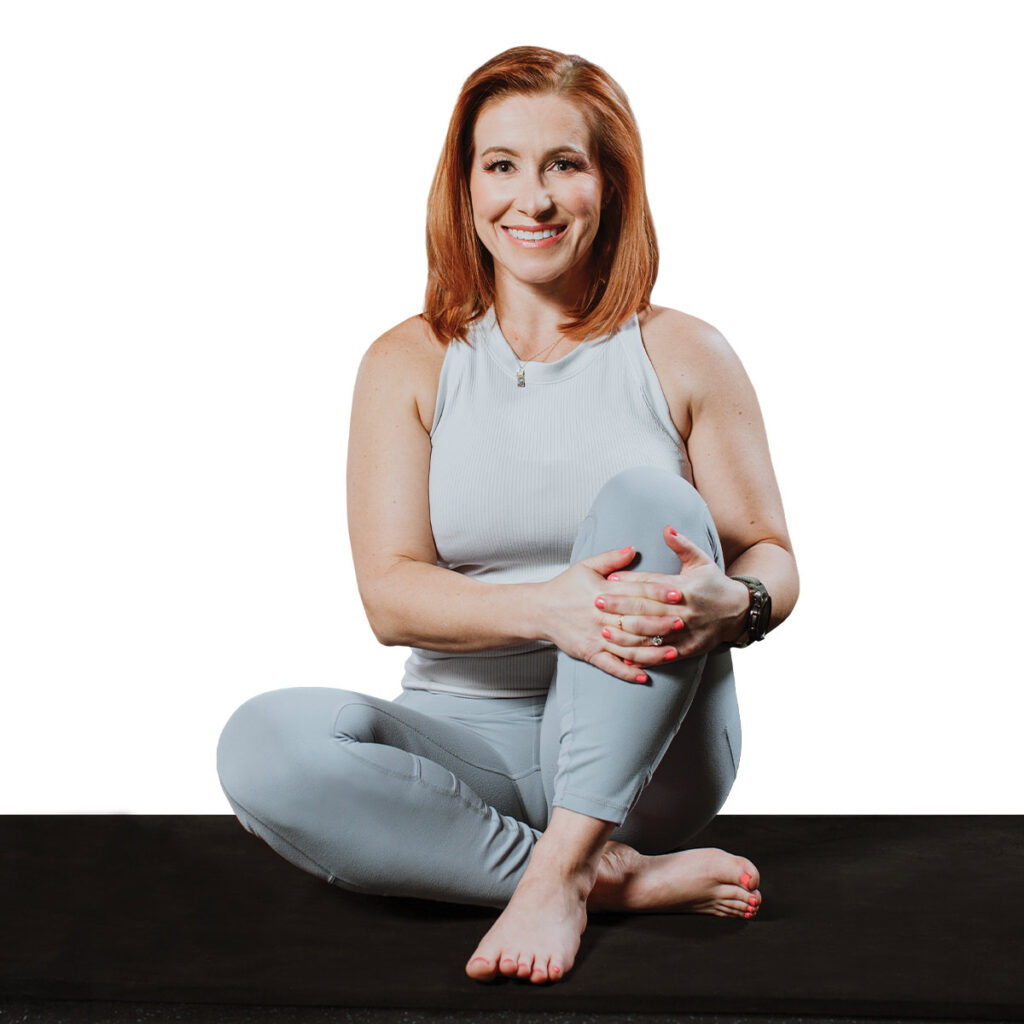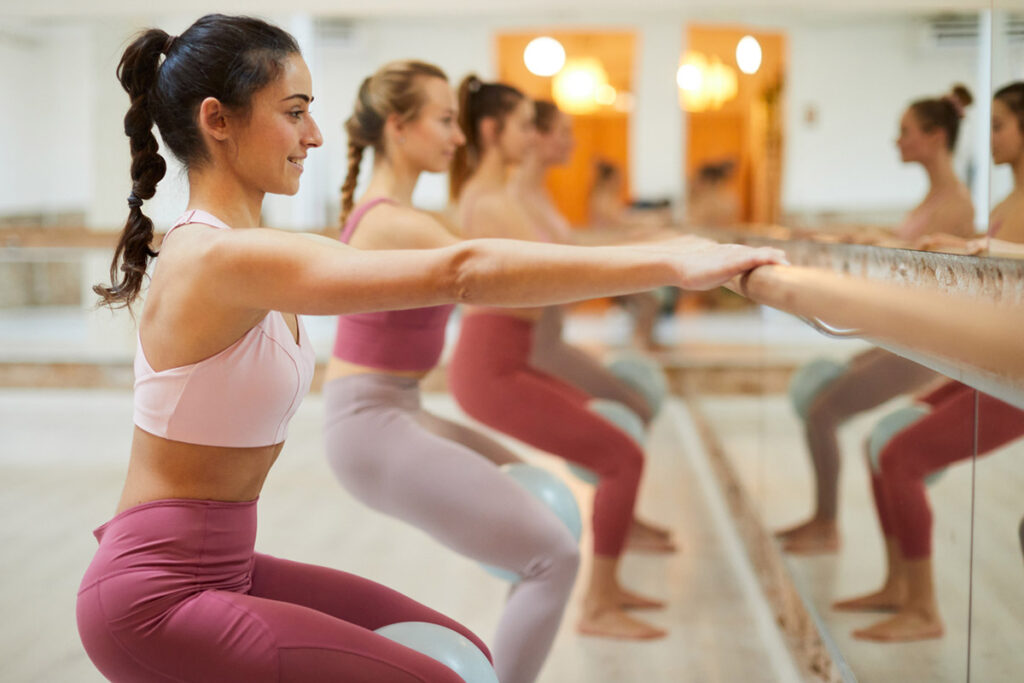Learning How to Fuel Your Workouts the Right Way
It’s a common analogy in the fitness world: Your body is like a car, and it needs fuel in its engine in order to run properly. In this case, food is fuel – but not just any food. Good nutrition is the key to helping your body perform optimally and recover faster after an intense workout. Here, we’re outlining some of the best strategies for eating around exercise.
Before Your Workout
Prior to exercising, you should reach for carbohydrates and a little bit of protein for fuel. Carbs provide the energy you need to power through one more rep, while protein can increase muscle performance (and is especially important for strength training exercises). Aim to have a snack or meal one to three hours before your workout – it’ll take a little experimentation to figure out the best time frame for your body. The less time you have, the lighter your snack needs to be. Easily digestible foods like bananas and apples are ideal for a quick boost 30 minutes before your workout.

Sample pre-workout meals include:
- Oatmeal and fruit
- Peanut butter & jelly sandwich
- Granola bar
- Smoothie
- Trail mix
For a more effective workout, there are certain foods that should be avoided in the hours leading up to the activity. Fiber-rich foods, fried or spicy foods, and refined sugar consumed right before a workout can all be detrimental to your gym goals, as they can cause digestion issues, heartburn, and other uncomfortable side effects. Dairy products can be problematic too, as they’re also known to cause an upset stomach.
During Your Workout
It’s crucial to keep your body hydrated before, during, and after your workout. Whether you’re completing a half-marathon or a 30-minute cycling session, don’t forget to take small, but frequent, sips of water. You shouldn’t need to break for a snack if your workout is under an hour; however, any longer, high-intensity workouts can benefit from small portions of simple carbohydrates every half hour or so. Bananas and dried fruit are great options.
After Your Workout
The hour following your sweat session is the best time to refuel, maximizing the benefits of your workout. If you can’t get in a balanced meal right away, make sure to have a snack handy in your gym bag. When mealtime rolls around, aim for a good mix of protein and complex carbohydrates – your body needs the carbs to replenish your depleted glycogen stores, and protein helps to repair and build your muscles. Keep in mind that runners, swimmers, and other endurance athletes will need to consume more carbohydrates than a bodybuilder.
Sample post-workout meals that combine protein and carbohydrates include:
- Chicken, brown rice, and broccoli
- Salmon and baked sweet potato
- Scrambled eggs and whole-wheat toast
- Greek yogurt and berries
- Hummus and whole-wheat pita bread
Set yourself up for success by properly fueling before, during, and after a workout, along with drinking plenty of water. Your body will thank you!
But What If I’m Not Hungry?
Eating before a workout isn’t always feasible, whether due to time constraints or the simple fact that you’re just not hungry at 5 a.m. While skipping sustenance isn’t recommended (you’ll be more likely to feel weak, tired, or even nauseated), working out on an empty stomach is okay to do from time to time. Just be sure to listen to your body, stopping activity if you begin to feel lightheaded.
These local ladies know the importance of regular exercise and eating the right foods around their workouts.
Keep reading for their favorite healthy fare and advice on fueling up!








